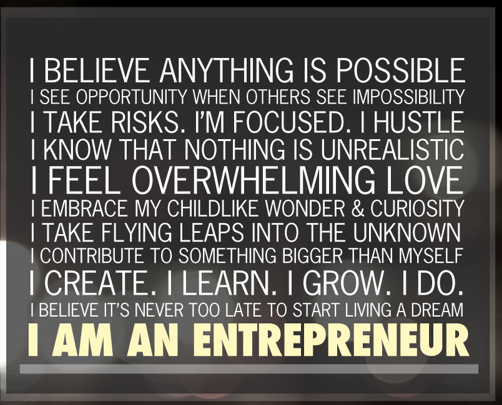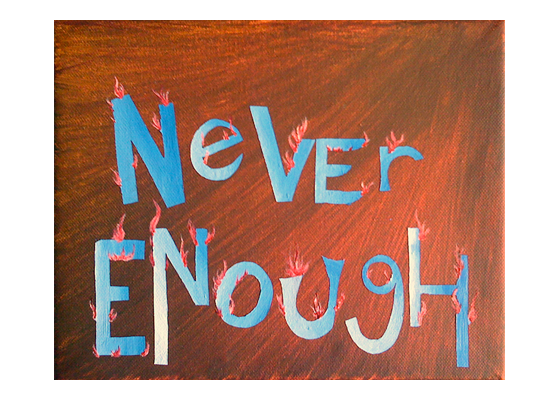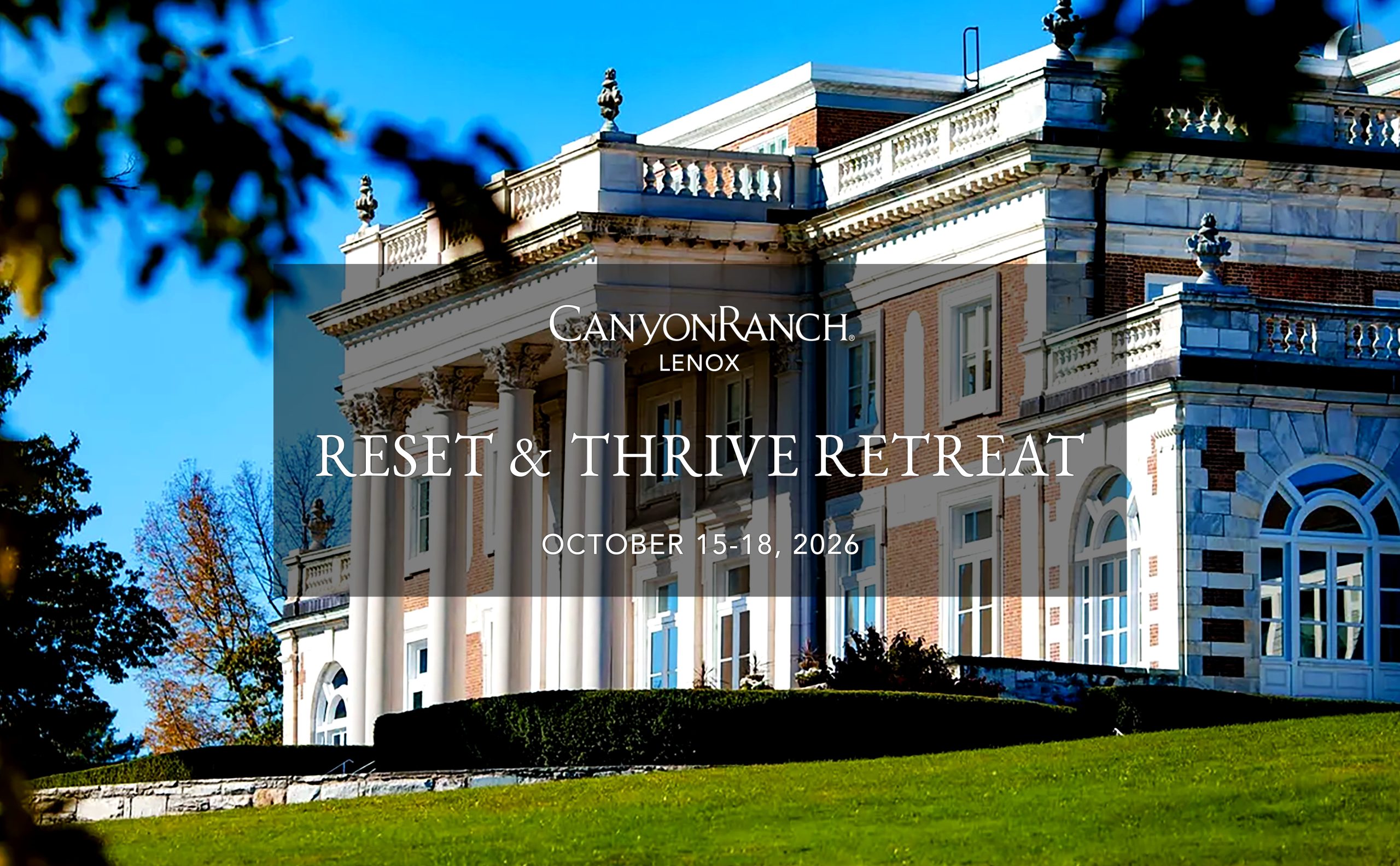By Guest Blogger Prerna Gupta
When I became an entrepreneur at the age of twenty-three, I began in earnest, as do all entrepreneurs, chasing a dream. My dream was clear. I would build a consumer technology company that reached ten million people and sell the company for millions of dollars, before the age of thirty. Then, as the dream went, I would retire to an oceanfront house on a warm Pacific beach and learn how to surf.
I recently had the fortune of celebrating a year in which I saw that lofty goal fulfilled. My company’s iPhone apps had over ten million downloads, and a competitor paid a large sum of money to acquire what we had built, just a week before my thirtieth birthday. Dream had become reality.
I took a trip soon after to a secluded surf beach on the Pacific coast of Nicaragua. Sandy-bottom beach break. White sand. House so close to water that the sound of crashing waves made it hard to sleep. This was it. I had made it.
Yet, as I sat dangling my feet off a seven-foot surfboard, missing wave after perfect wave, I saw an unmistakable truth. I was terrible at surfing, and all I really cared about anymore was launching another hit app. Far from retiring, I found myself more in the thrall of ambition than ever before.
Having risked my career in order to escape, at all costs, the Great American Rat Race, this was disconcerting to me. My entrepreneurial intentions had, after all, been pure at the outset. I was drawn to entrepreneurship by the lure of freedom: control of my time, the ability to work on my own creations, no boss, and, of course, the potential for independent wealth. But the purpose of the money was never to buy fancy cars and houses, or to be richer than my peers. I viewed the money simply as a lifelong guarantee of these freedoms. When I had enough wealth to live modestly for the rest of my life without working another day, I would quit. I would stop chasing the dream. And yet here I am, still slaving away. How could this be? I am not one of those miserable over-achieving types who are satisfied with nothing less than better-than-everyone-else. Really. I’m not.
Am I?
You see, a funny thing seems to have happened just before I reached the ten million users mark. That goal of mine nefariously shifted by just a bit, a decimal point to be precise. I have a new goal now. It’s 100 million.
This is the disillusionment of the entrepreneur. There is no such thing as success. It is a moving target. A mirage. By the time you attain what you thought was your wildest dream, reality has moved on and left your dreams in the dust. And the desire for success grows stronger still.
I do not like being enslaved, by anything. There are times when I can feel ambition, that greatest of American virtues, imposing its power over me. There are times when I succumb, for a short while. But to allow myself to be driven by ambition alone would be the ultimate failure. I strive for happiness. Not happiness when I am sixty, but happiness now, and tomorrow, and the day after. And although ambition and happiness can coexist, I have found that the first much more readily thrives without the other. I understand this now, as I understood it at twenty-three, and my values are unchanged. What can then explain the control ambition has over me today?
Many who run in entrepreneurial circles would say that my dream was insufficient in the first place. Indeed, Silicon Valley frowns upon such middling goals as selling one’s company for mere millions. We should aim for billions, we are told, or not aim at all. I am loath to admit that I have let that over-achiever’s ethos influence my own thinking, but I suppose it is at least partially true.
That’s not the only reason though. While my values have not changed, what has changed is this: work is more fun than it used to be when I was twenty-three. Work actually makes me happy. I always enjoyed entrepreneurship, even though I had many setbacks and failures along the way, but it is infinitely more fun now that I have had some tangible success. This is the real reason I continue. Success builds upon itself, and in so doing, makes the journey more fun. That is not to say I won’t still have failures, in abundance; I am certain I will. Yet underlying the day-to-day failures is the knowledge that I can never truly fail again, because if success does not exist, neither does failure. I am finally free. I am free of the fear of failure. Perhaps that was my dream all along.
I’ll still learn how to surf one day, as soon as I reach that 100 million.
—
About Prerna Gupta…
Prerna Gupta is CEO of Khush, a start-up that develops intelligent music apps, like the #1 hit app Songify, which turns speech into music. Prerna led her start-up to profitability, with her company’s apps receiving over 10 million downloads and 200 songs created to date. She is also responsible for producing viral videos for her products that have reached over 180 million views. Khush was recently acquired by Smule, the leading developer of social music apps. Prior to her foray into entrepreneurship, Prerna worked in consulting at Monitor Group and early-stage venture capital at Summit Partners. She studied Economics and Computer Science at Stanford University. Prerna was voted one of FastCompany’s Most Influential Women in Technology 2011, and her writing has been featured in the New York Times and TechCrunch. She is also a budding angel investor and Resident Mentor at 500 Startups. You can follow her on Twitter @prernagupta
—
Would love to know your thoughts. This is easily one of my Top 5 favorite blog posts. Have a beautiful weekend.
xoxEDxox
—







Great point on “success builds on itself, and so in doing, it makes the journey more fun.” It’s almost like the tipping point. Where until you have that success it’s hard to taste it so it takes real stamina to keep going (but not for you!) But then when you have it, it opens our eyes to a whole new world. A better world, where we’re less afraid.
Great story and congrats!
Kathryn
“Where until you have that success it’s hard to taste it so it takes real stamina to keep going”
That’s exactly right! It absolutely takes stamina until that turning point, and I think that stamina is the MOST important factor in success. Persistence is key.
I really enjoyed this article. I appreciate your honest view. I think greed and “it’s never enough” have become part of mainstream culture. You’ve made it Prerna! Try and enjoy it.
Thank you for this great post. Your success is a true inspiration to other entrepreneurs. Life is always a moving target you are right. Just remember to stop and smell the roses every now and then. Or keep surfing. 🙂
Brilliant post. I love reading about other women’s successes. Congratulations on everything you’ve accomplished.
GREAT post! I don’t think of greed at all.
We have to have lofty goals to grow and once we reach a goal, we have to have another lofty one to ENJOY the process.
Never be satisfied – DREAM BIG!!!
thank you! So true. Big dreams are what make life fun 🙂
Loved this post. You celebrate every moment because you worked hard to get there and deserve it. It wasn’t handed over to you and that’s why I have the utmost respect.
thanks Sarah. I sincerely appreciate your comment. It’s sometimes scary to write a story like this, because the media tends to glamorize the “other” stories, those of the entrepreneurs who sell their companies for billions after just a few months. The smaller successes that take years to materialize are rarely heard of!
You rock Prerna! An inspiration to all women and entrepreneurs.
I love to work. I do. The feeling I get when a client hands me a check with my company’s name on it is thrilling b/c I know how hard I worked for that. I hope more than anything to be able to come from your perspective one day, soon. Congratulations on all your success.
Aha! Enjoyed reading this the other night and promised a comment . . . . nearly slipped 🙂 This was a good read and inspiration. Keep up the good work! <3
~Karen
When I became an entrepreneur at the age of twenty-three, I began in earnest, as do all entrepreneurs, chasing a dream. My dream was clear. I would build a consumer technology company that reached ten million people and sell the company for millions of dollars, before the age of thirty. Then, as the dream went, I would retire to an oceanfront house on a warm Pacific beach and learn how to surf.